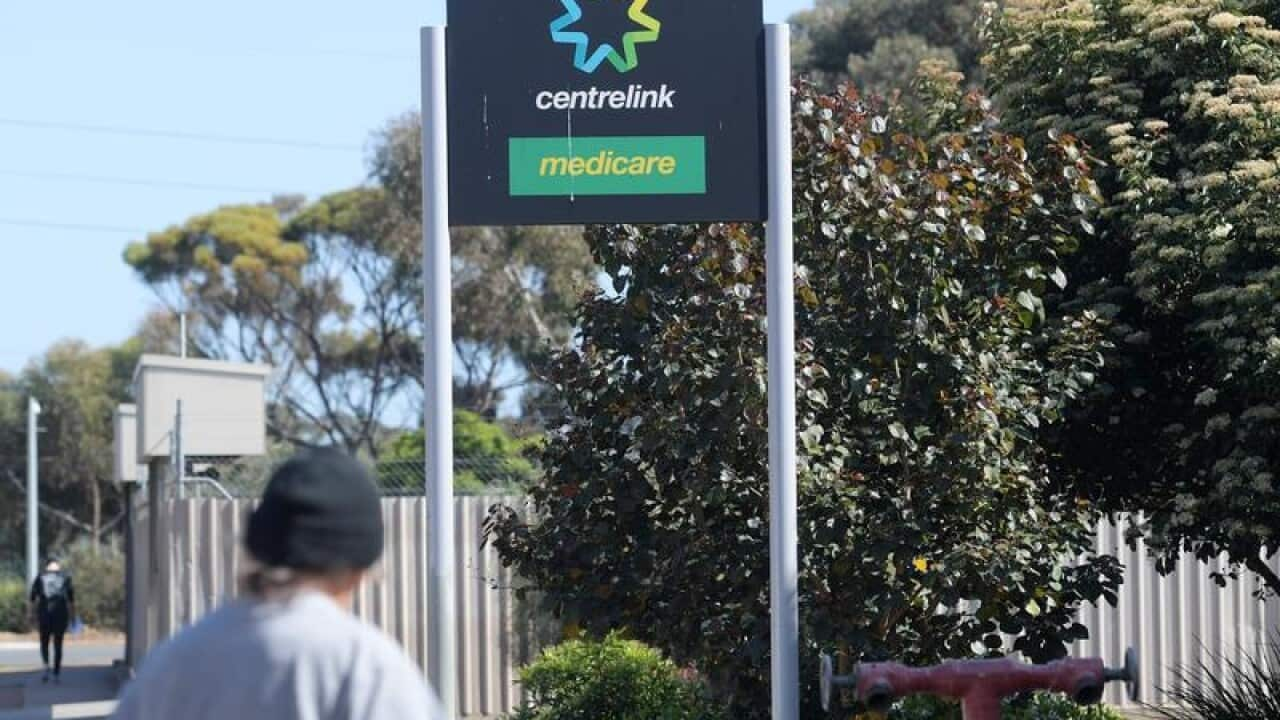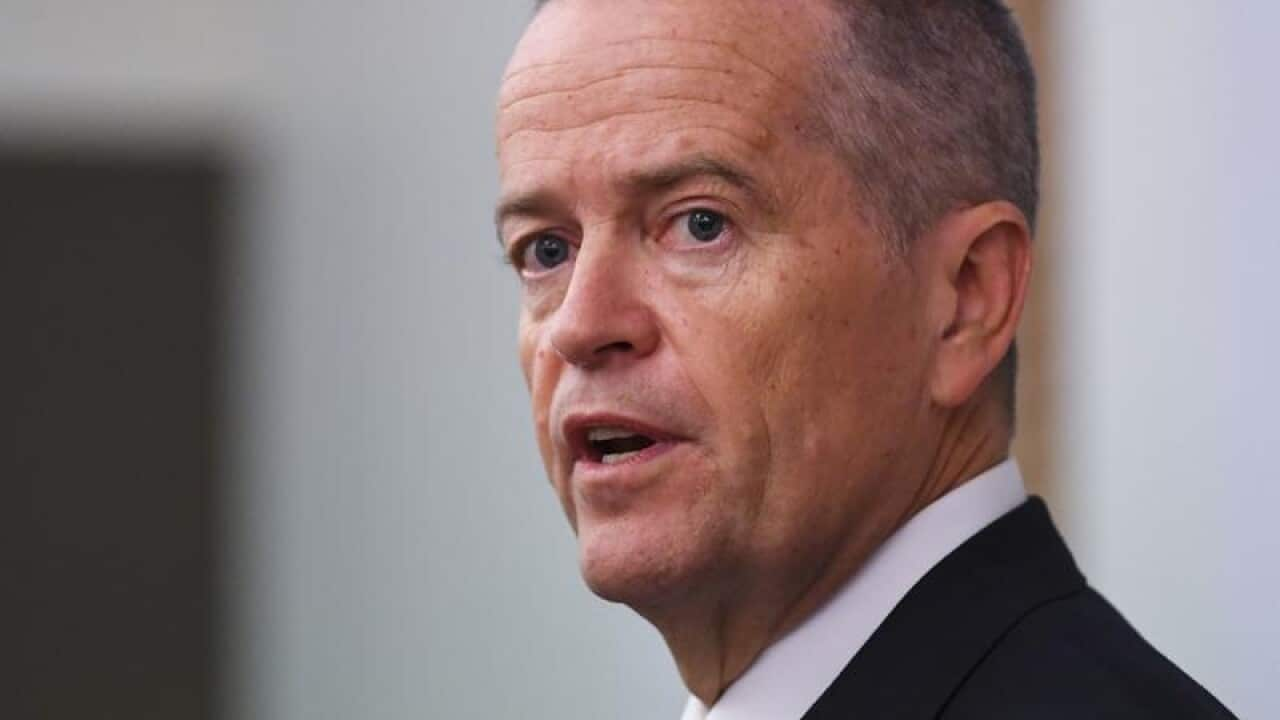Issues around debt or income support can trigger a crisis in the lives of vulnerable Australians, senators have heard.
West Australian based community groups have on Friday faced federal parliament's inquiry into Centrelink's welfare payment recovery program.
The executive director of WA's Community Legal Centres Association Sharryn Jackson said clients often had complex lives, often with multiple legal issues.
Their experience as members of their community depended on their interactions with government and legal systems, of which the robo-debt scheme played a role, she said.
Ms Jackson pointed to a study conducted by Victoria's Centre for Excellence in Child and Family Welfare, which focused on single mothers and their experiences.
Concerns about debt and income support, including having it removed, was "often the trigger to a crisis for that particular individual and their family", she said.
The study from July this year also found that some single mothers stayed or re-connected with violent partners rather than struggling alone to meet family needs, often on minimal or highly conditional financial support.
Ms Jackson said she raised the point about clients having complex lives as Centrelink's compliance system didn't exist in a bubble.
"Government needs to take greater responsibility for the justice impacts, or the flow-on impacts of things like its compliance system," she said. The 26 community legal centres in WA's networks turn away as many people as they help due to limited resources, she said.
The 26 community legal centres in WA's networks turn away as many people as they help due to limited resources, she said.

Centrelink signage at the Yarra branch in Melbourne. Source: AAP
Robo-debt is expected to cost more than $500 million over the next three years, for a benefit of $2 billion to the federal budget.
The scheme matches tax office and Centrelink data to claw back overpaid welfare payments.
People are contacted if Centrelink thinks they might owe more than $1000.
The government has admitted about one-fifth of initial letters included information that was later proved to be wrong.
The department disputes the characterisation of such letters being called debt notices.
The Commonwealth Ombudsman told senators that while they were not "technically" debt notices, he understood how some people receiving them would consider them one.
"I can appreciate that there might be some circumstances when people get that letter and think: Oh my goodness, I'm being hit with a debt," he told the hearing in Canberra.
Department officials insisted their staff worked directly with people who needed help finding past pay information.
There continues to be around 100 complaints about the system each month.










